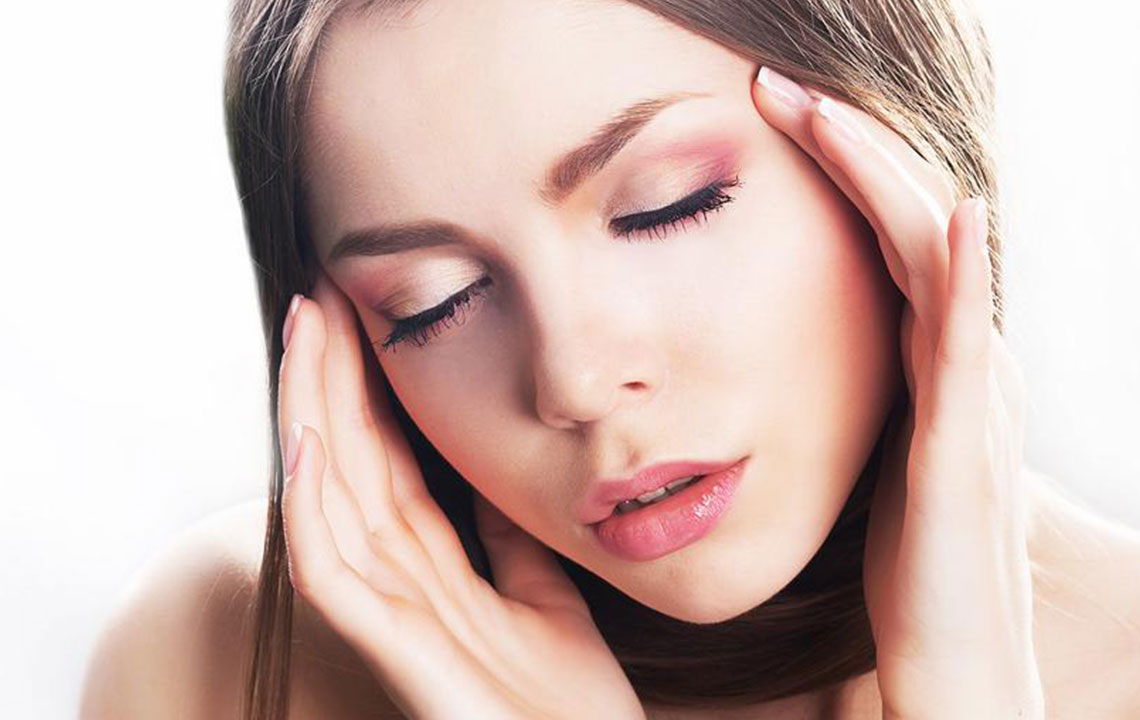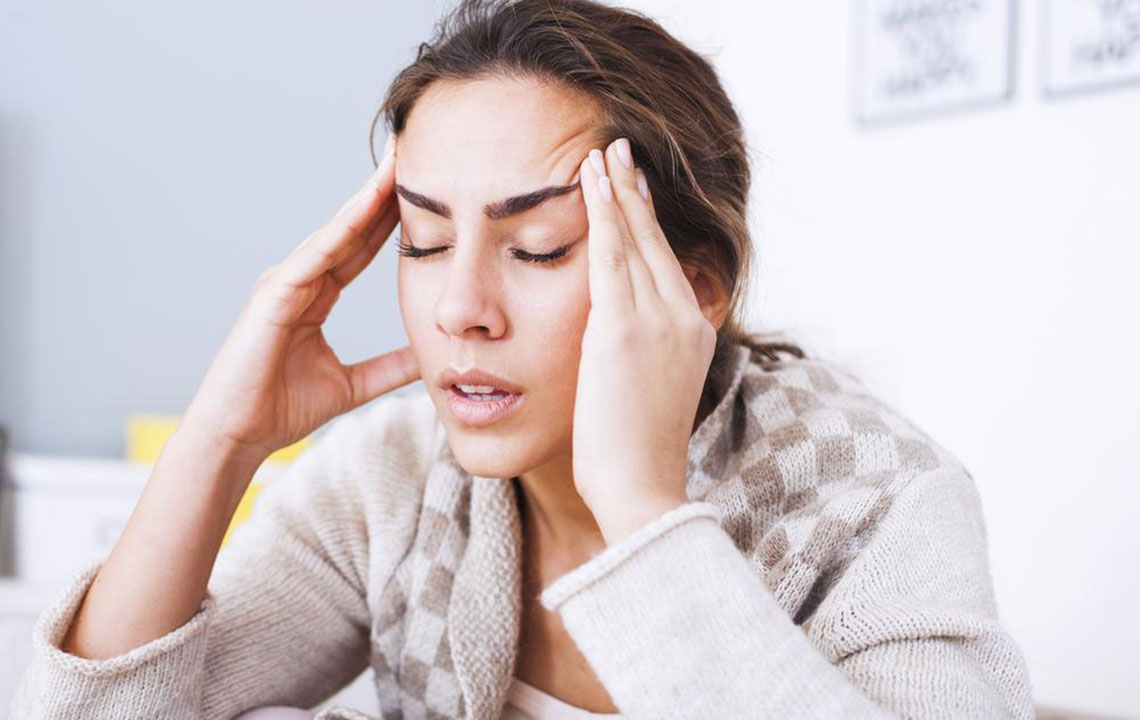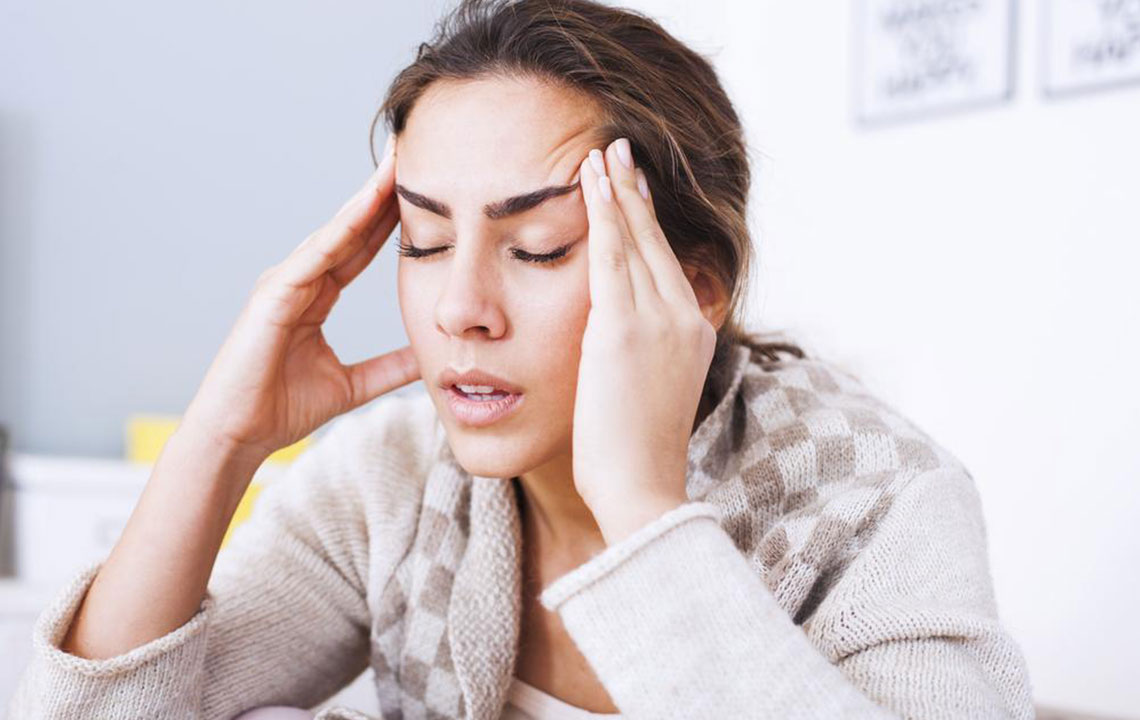Understanding Migraines: Causes, Symptoms, and Effective Treatments
Discover comprehensive insights into migraines, including their causes, symptoms, and effective treatment strategies. Learn how triggers like diet, stress, and hormonal changes influence migraines and find practical tips to manage and prevent this common condition. Maintaining a healthy lifestyle and consulting healthcare providers are essential for long-term relief from migraine episodes.

Understanding Migraines: Causes, Symptoms, and Effective Treatments
Migraines are a widespread neurological condition causing intense headaches affecting millions worldwide. These episodes result from changes in brain activity and blood vessel behavior.
Key facts about migraines
They can last from 4 hours up to three days, occurring frequently or rarely. In the US, approximately 37 million individuals experience migraines, with women being three times more affected than men.
Causes of migraine attacks
While the precise cause remains unclear, migraines are linked to blood vessel expansion and chemical releases in the brain. Chemicals like serotonin and dopamine disrupt normal blood vessel functions, triggering pain.
Various personal triggers vary among individuals. Common ones include dietary factors such as cheese, nuts, chocolates, alcohol, skipping meals, stress, and hormonal changes, especially in women using birth control pills. Smoking can also worsen migraines and interfere with treatments.
Symptoms differ, but generally include five stages:
Prodrome: Early signs like mood shifts, fatigue, and muscle tension indicate an impending migraine.
Aura: Sensory disturbances such as visual flashes or blind spots may appear before the headache. Severe cases can involve vision loss in one eye.
Headache: Intense pain usually on one side, sometimes both, accompanied by sensitivity to sound and light, nausea, and vomiting.
Resolution: Pain subsides, often during sleep, even without medication.
Postdrome: Fatigue, difficulty concentrating, and mood changes can persist after the headache ends.
Ways to manage and treat migraines
Over-the-counter remedies and natural methods can help relieve symptoms.
Applying cold compresses or resting in a dark, quiet room alleviates severe pain.
Reducing caffeine intake and managing stress contribute to long-term relief.
Medication should be used as prescribed, consulting healthcare professionals for severe cases.
Maintaining a healthy lifestyle, managing stress, and addressing triggers are key to preventing migraines. Seek medical advice for personalized treatment options.
Disclaimer: Our blog offers informative content based on research; however, it should not replace professional medical advice. Always consult healthcare professionals for diagnosis and treatment options. The website does not endorse specific schemes or offers, and some data may vary across sources.










